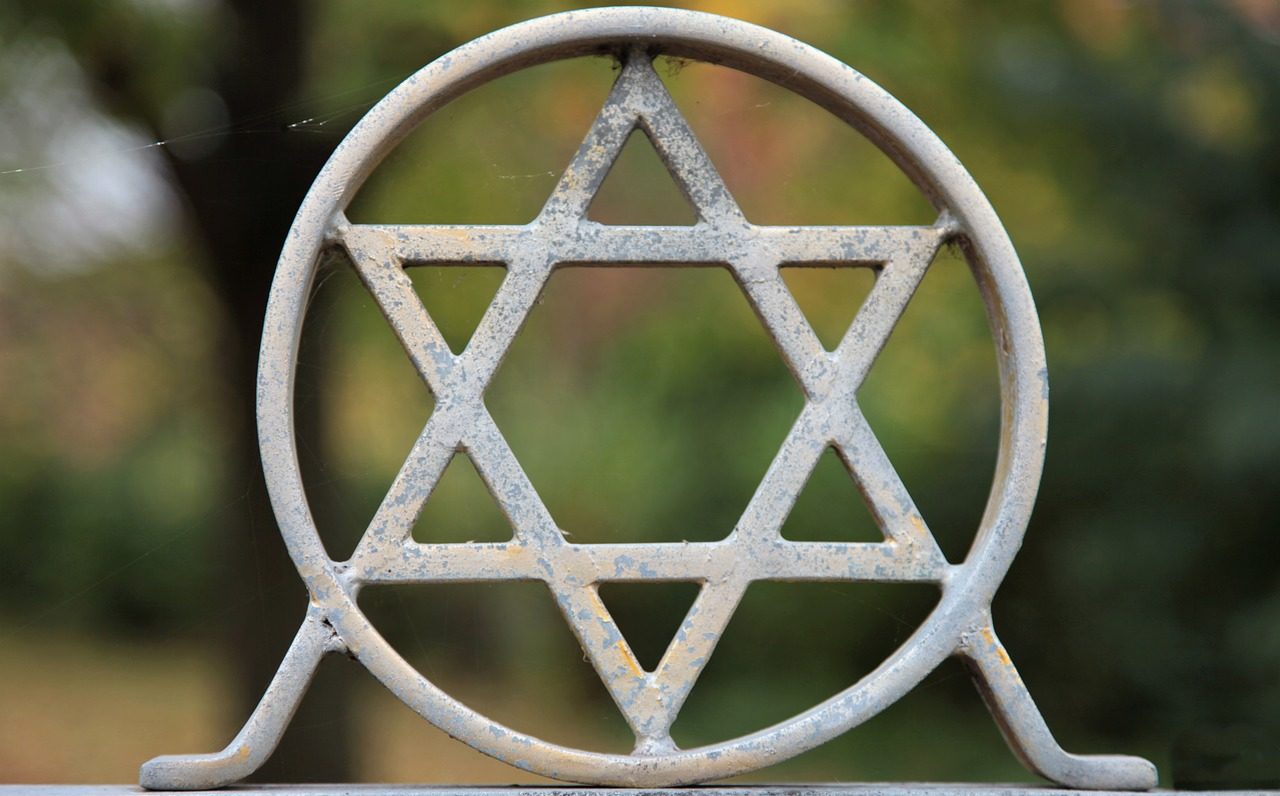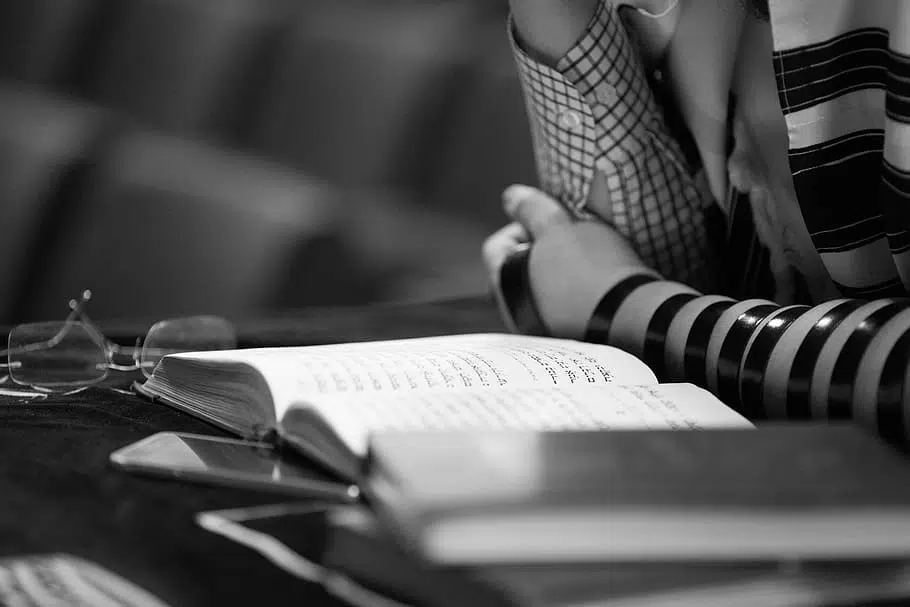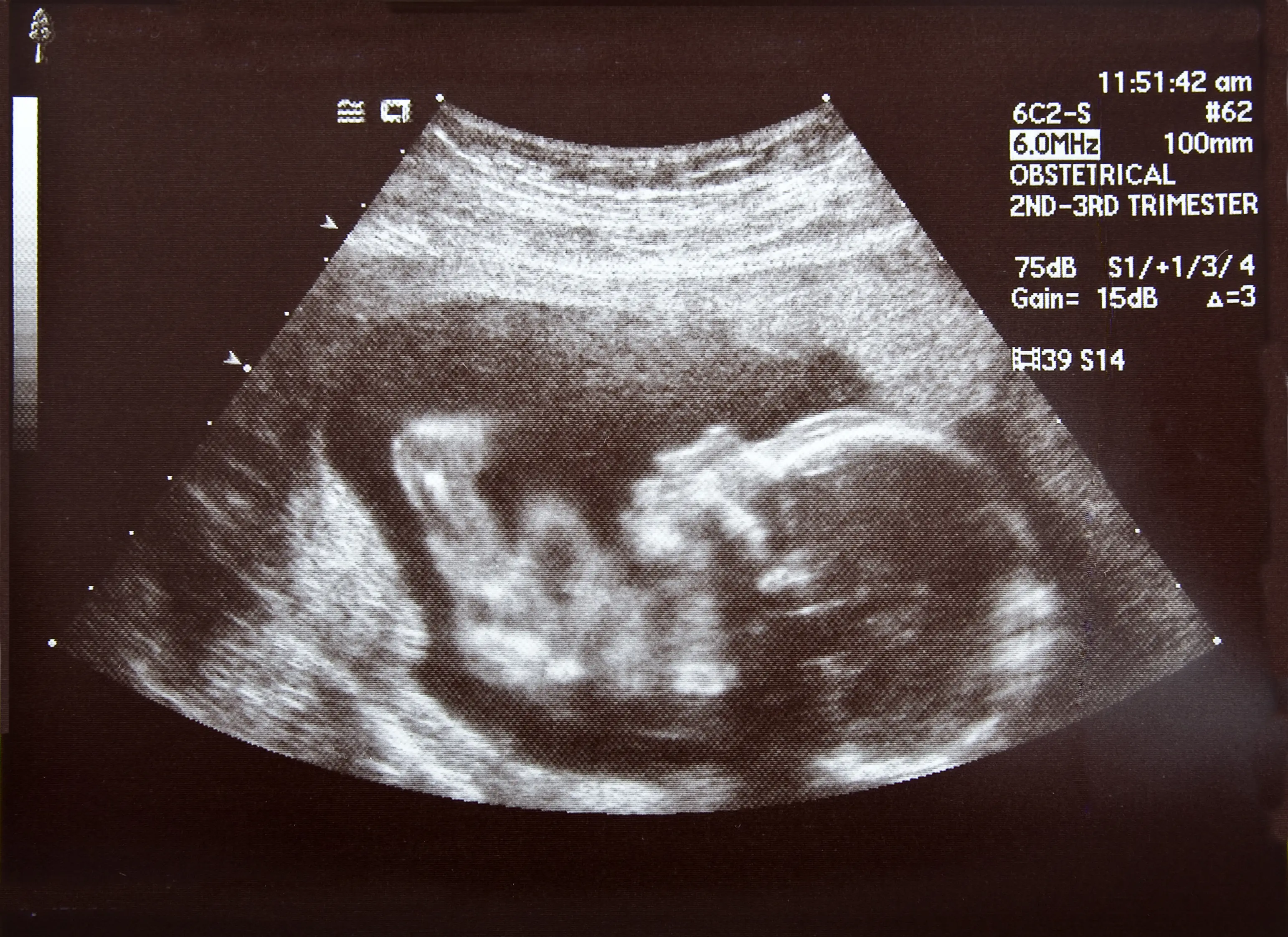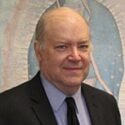Like modern Christians, Jews take a variety of stands on abortion, primarily because the Jewish faith has suffered the same catastrophic ethical schism that has splintered the Christian church. Denominations representing most of Judaism’s adherents have rejected the inspired Word of God. They are following their faith with less intensity, and they are decreasing in number. Meanwhile, Orthodox Jews are experiencing a kind of “renaissance” as they rapidly increase in numbers. In order to understand this situation and the resulting range of Jewish views on abortion, it is necessary to review the basics of traditional Jewish belief and religious law.

North American Jews have historically belonged to one of three movements, which overlap to some degree in practice.1 Orthodox Jews maintain strict adherence to traditional customs. Reform Jews are essentially humanistic, but apply Jewish customs to contemporary life. Conservative Jews try to maintain a strong Jewish identity while combining important elements of both Orthodox and Reform Judaism. A fourth movement, established in 1968, is Reconstructionism, which is essentially naturalistic and nontheistic.
The divergence between the religious and secular Jewish movements has become so marked that many Orthodox rabbis believe that Reform and Conservative Judaism are an entirely different religion. Orthodox Rabbi Hersh Ginsberg has said, “We call upon all Jews to discontinue to pray any time in a Conservative or Reform temple and instead pray in an Orthodox synagogue.”2
Historical Judaism on Abortion
The Jewish faith is based upon a body of Commandments that include the seven Noahide Laws and the 613 parochial commandments. These laws are interpreted (but not altered) by a vast body of rabbinic opinions and case law referred to as Halakhah (the Talmud).3
The seven Noahide Laws are universal, in that they apply to everyone, Jew or Gentile.
Bereshis 9:6 contains the seven commandments of Bnei Noach, which are:
- Thou shalt not engage in idol worship
- Thou shalt not blaspheme God
- Thou shalt not kill
- Thou shalt not engage in incestuous, adulterous, or homosexual relations, nor commit the act of rape
- Thou shalt not steal
- Thou shalt establish laws and courts of law to administer these laws
- Thou shalt not be cruel to animals4
The primary objective of the parochial commandments in the Torah (the five books of Moses) is to support and preserve the seven Noahide laws. They are therefore not universally binding on all people. Some examples of these parochial commandments are: do not randomly cut down trees (Deuteronomy 20:19); do not randomly castrate animals (Leviticus 22:24); and Jewish men who are sterilized are cast out of the community (Deuteronomy 23:2).
The Third Noahide Law contains the admonition, “He who spills the blood of a man in a man, his blood will be spilt.” The Talmud (Sanhedrin 57b) defines “a man in a man” as a preborn baby in his mother’s womb. This passage specifically states that abortion is a capital crime, a view supported by one of the leading sages of the Talmud, Rabbi Yishmael.5
In his interpretation of the Third Noahide Law, Maimonides, the great twelfth-century interpreter and codifier of Jewish law, writes in his Mishneh Torah that abortion is a capital crime for the Jews: “A descendant of Noah who kills any human being, even a fetus in its mother’s womb, is to be put to death.”
Maimonides ruled that abortion is allowable only if the pregnancy definitely and without question endangers the life of the mother (Hilkhot Rozeah 1:9 and Shulhan Arukh Hoshen Mishpat 425:2):
This also is a negative precept: not to have compassion on the life of a pursuer. Therefore, the Sages’ rules [regarding] a pregnant woman in hard travail that it is permitted to dismember the fetus in her womb, whether by chemical means or by hand, for it [the fetus] is as one pursuing her in order to kill her.3
This passage refers to “hard travail,” which was a delivery complicated by the size or position of the baby, so that a normal birth was impossible. At the time this commentary was written (prior to the development of obstetrical forceps and, later, safe surgical techniques for Cesarean section), this sort of problem would often result in the deaths of both mother and baby. The only way available to remove a baby that was “stuck” was to dismember it. In most cases, the baby would have already died due to anoxia.
So the Talmud rules that abortion is permissible only in very extreme cases: specifically when a woman’s “hard travail” places her life in definite danger (Oholoth 7:6). This is a codification of Maimonides’ concept of the rodef, or “pursuer.”
Therefore, traditional Jewish law holds that the preborn child has a right to life just as strong as the mother’s ― except when he or she poses an imminent danger to her life.
The former Chief Justice of the Supreme Rabbinical Court of America, Rabbi Marvin S. Antelman, clearly stated the position of Jewish law on abortion when he said:
All major religions have their parochial and their universal aspects, and the problem of abortion is not a parochial one. It is of universal morality, and it is neither a Catholic problem, nor a Jewish problem, nor a Protestant problem. It involves the killing of a human being, an act forbidden by universal commandment.6
Chief Rabbi Dr. Immanual Jakabovits outlined the foundation of the reasoning behind this statement when he said, “Jewish law sees every human life as having the sanctity of intrinsic and infinite worth. One life has as much value as one hundred or one thousand; you cannot multiply infinity and you cannot divide it. So every human being has an identical worth and is identically worth saving.”7
Modern Judaism on Abortion
It is interesting to compare the attitudes of scholars from the various branches of Judaism regarding permissible exceptions for abortion.
Jewish law, while not specifically granting full personhood (nefesh) status to the preborn, nevertheless modified strict obligations in order to accommodate pregnant women. The Sanhedrin allowed the Sabbath to be violated for the sake of the preborn child, and no pregnant woman could be tried for a capital offense until she had given birth.5
The Talmud held that the preborn baby was “one of the living limbs of the mother.” This might sound like support for the pro-abortion “woman’s body, woman’s choice” slogan, but it must be noted that The Talmud also prohibits any form of self-mutilation. Therefore, protection for the preborn child ― except in the case of “hard travail” ― is absolute.
Orthodoxy permits abortion to save the life of the mother only in instances of “grave necessity.” This might include aggravation of a serious heart condition or if the mother’s physical health would deteriorate drastically as the direct result of fetal deformity, a rare occurrence indeed.5
Relying upon this and related rulings, in certain extraordinary cases, Orthodox rabbis have, for specific individuals and for extreme circumstances, allowed abortions in the cases of documented pathologic mental anguish.
These few specific exceptions (numbering no more than six) have led pro-abortion propagandists to allege that Jewish law allows abortion for any physical or mental indication whatever. Conservative and Reform scholars require only “severe anguish” to be shown before abortion, which is, of course, no limitation whatsoever on abortion.
Conservative and Reform scholars say that the Sinaitic Laws referring specifically to the Jewish people do not treat abortion as a capital crime in Exodus 21:22-23. Exodus 21:12 speaks specifically of capital punishment for killing a man, so many liberal scholars conclude from the sum of the passages in the 21st Chapter of Exodus that capital punishment is meted out for killing a man but not a preborn baby. But the Hebrew word for a miscarried baby in Exodus 21:22 is y’ladeha, or “child,” instead of u’bar or v’lad, the terms for “embryo” and “fetus.” Therefore, this passage implies that the preborn child has already achieved full humanity, and to deliberately cause its death would therefore be a form of homicide.
Final Thoughts
The Conservative and Reform scholars seem to avoid the fundamental point in all of this. The Talmud states in Nidah 31a that there are three partners in the creation of a child: The father, the mother, and Hashem. This means that the creation of a child is the direct Will of the Creator Himself. Does it make any sense to deny the will of the Almighty by killing one of His creations to save another of His creations ― a woman in “hard travail?”
+ Endnotes
[1] Seymour P. Lachman and Barry A. Kosmin. “What is Happening to American Jewry?” The New York Times, June 4, 1990.
[2] Laurie Goodstein. “Orthodox Rabbis Condemn Modern Jewish Movements.” The Washington Post, April 1, 1997, page A3. The debate over “Who is a Jew?” is growing in intensity. Israel’s Law of Return defines a Jew as anyone whose mother is Jewish, or who has converted to any branch of Judaism from another faith, and who does not have another religious identity.
[3] J. David Bleich. “Abortion and Jewish Law.” New Perspectives on Human Abortion. Edited by Thomas W. Hilgers, M.D., Dennis J. Horan, and David Mall (Frederick, Maryland: Aletheia Books), 1981, pages 405 to 419. This article is the best available summary of historical Jewish teaching on abortion. The book itself is a superb compilation of essays by the most experienced pro-lifers in the world, dealing with virtually all of the basic issues involved in taking human life. An excellent primer for any pro-life activist.
[4] Maimonides stated, “Six commandments were commanded by God to Abraham and the commandment of cruelty to animals was added to Noah….When Abraham came he was commanded to circumcise…and Moses was given the Torah“
J. David Bleich. “Abortion and Jewish Law.” New Perspectives on Human Abortion. Edited by Thomas W. Hilgers, M.D., Dennis J. Horan, and David Mall (Frederick, Maryland: Aletheia Books, 1981, pages 405 to 419.
[5] Gabriel Meyer. “Israel and Abortion.” National Catholic Register, Volume LXIII, Number 47, page 5. Also see Rabbi Aryeh Spero. “Therefore Choose Life: How the Great Faiths View Abortion.” Policy Review, Spring 1989, pages 38 to 45.
[6] Rabbi Marvin S. Antelman, Chief Justice of the Supreme Rabbinical Court of America. “Why Jews Oppose Abortion.” The Review of the News, May 1, 1974, pages 1 to 6 (emphasis in the original).
[7] British Chief Rabbi Dr. Immanual Jakabovits, quoted in Bill Moloney, “Jewish View.” National Right to Life News, June 1979, page 6.
Dr. Brian Clowes has been HLI’s director of research since 1995 and is one of the most accomplished and respected intellectuals in the international pro-life movement. Best known as author of the most exhaustive pro-life informational resource volume The Facts of Life, and for his Pro-Life Basic Training Course, Brian is the author of nine books and over 500 scholarly and popular articles, and has traveled to 70 countries on six continents as a pro-life speaker, educator and trainer.










@Scott Murphy – Does Jeremiah 1:5 state that G_D said to ALL people? NO, therefore, we are NOT all prophets to the nations. Just because a person can read English does not give one the ability to be a prophet. G_D is so much more than the human mind can comprehend. G_D is and always will be!
This issue is one of several that separate Jews from JINO’s (Jews In Name Only). In both the Christian and Hebrew Commandments, “Thou Shalt Not Kill” is universal. It does not say “though shalt not kill an adult but an unborn baby is not a person yet so it is ok to murder it in the womb”. That is just evil hypocrisy.
In Jeremiah 1:5 it is written “God said to him: “Before I formed you in the womb I knew you, and before you were born I consecrated you; I appointed you a prophet to the nations”. The Father was not just talking to Jeremiah, but to ALL of his children. We are ALL prophets to the nations. To murder an unborn baby is to destroy a gift from God, a most sacred gift with a soul.
Dear Dr. Clowes,
Thank you for publishing this informative and important article. Traditional and authentic Judaism is pro-life and considers all unborn life sacred. The only time we ever would permit an abortion is if the mother’s physical life is endangered.